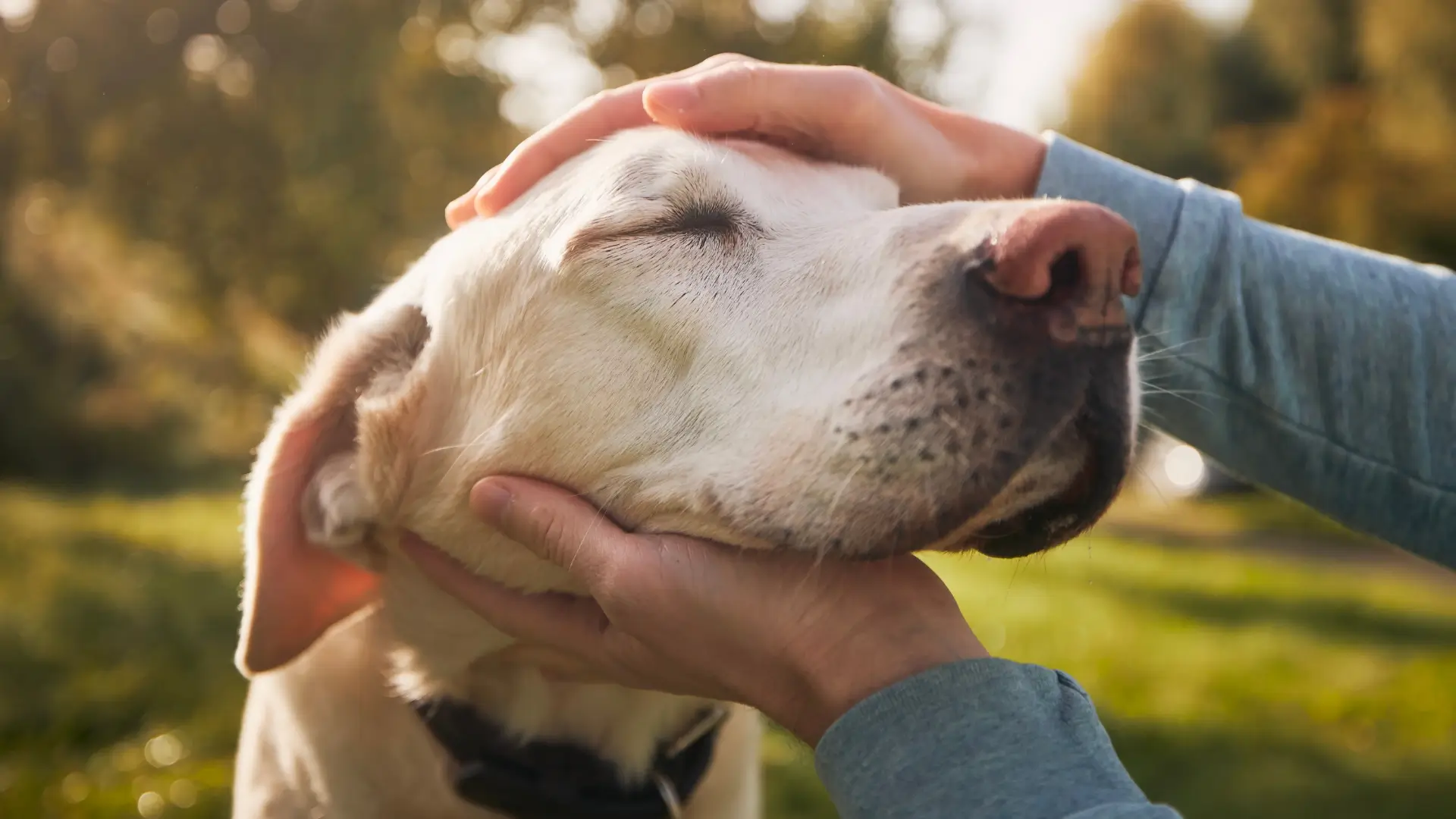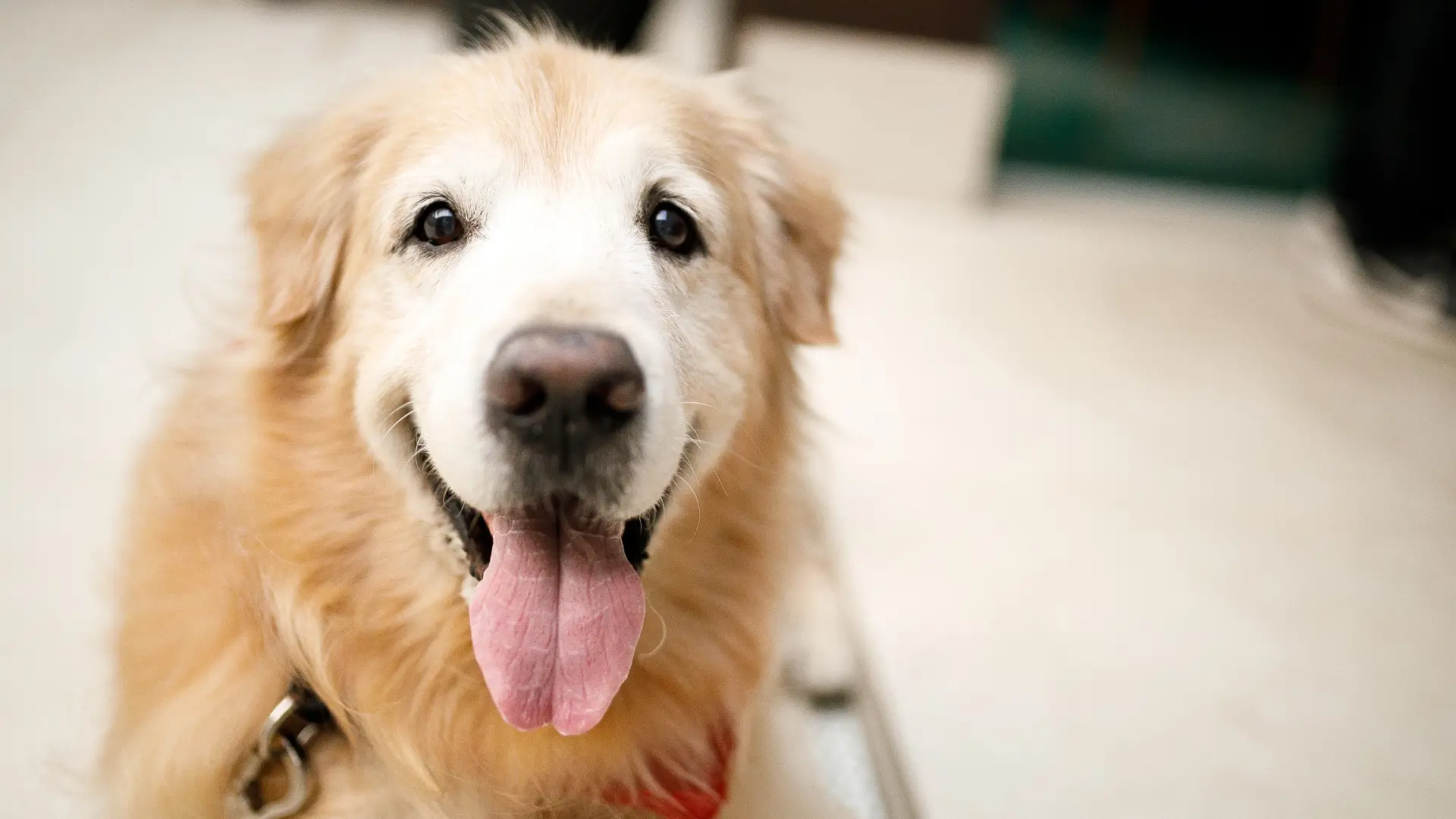As our beloved canine companions age, it’s important to understand when they enter their senior years. Knowing this can help us provide the best care possible as their needs change. But how do we determine when a dog is considered a senior? The answer lies in a combination of average life expectancy, size, and breed-specific factors.
Every dog breed ages differently, and several elements influence when a dog becomes a senior. Smaller breeds often live longer, while larger breeds tend to have shorter lifespans, reaching their senior years more quickly. By examining a dog’s average life expectancy alongside its size, we can estimate the age at which a dog is likely to enter its senior phase.
The following table provides a comprehensive overview of various dog breeds and the age at which each is typically considered a senior. This information serves as a valuable guide for pet owners, helping them understand when their dog may start exhibiting signs of aging and require additional care and attention.
Dog Breed Senior Age Chart: When is Your Dog Considered a Senior?
How Was This Calculated?
A dog’s senior age is determined by calculating 75% of its average life expectancy, which varies by breed due to genetics, lifestyle, and health. Smaller breeds often live longer than larger ones, so size plays a crucial role in aging. We adjust the senior age based on weight: small dogs (<15 kg) reduce the age by 0.2 years, medium dogs (15-45 kg) by 0.5 years, and giant dogs (>45 kg) by 1 year. This means a giant breed like a Great Dane may be considered a senior at 5 years, while a small breed like a Chihuahua might not reach senior status until 10 years.
Signs of Aging in Dogs
While numerical calculations provide a guideline, it’s important to recognize the physical and behavioral signs of aging, which can vary significantly between individual dogs. Common indicators of a dog entering its senior years include:
- Decreased Activity Level: Older dogs may show less interest in physical activities or tire more easily.
- Changes in Weight: Aging dogs can experience weight gain due to reduced activity or weight loss due to muscle mass reduction.
- Joint and Mobility Issues: Arthritis and joint stiffness are common in senior dogs, affecting their mobility.
- Dental Health Decline: Dental issues can become more prevalent with age, requiring regular check-ups and care.
- Behavioral Changes: Cognitive decline, changes in sleep patterns, or altered behavior may indicate a dog is aging.

Factors Affecting Aging in Dogs
Several factors can influence the aging process in dogs, including genetics, lifestyle, and health care. Here’s a closer look at these factors:
- Genetics: Some breeds are predisposed to age-related health issues, such as hip dysplasia or heart problems, which can affect their aging process.
- Diet and Nutrition: A balanced diet is crucial for maintaining your dog’s health throughout their life. Senior dogs often require a different diet with fewer calories and added supplements to support joint health and cognitive function.
- Exercise and Activity: Regular exercise helps maintain a healthy weight, supports joint health, and promotes mental well-being. Tailor the activity level to your senior dog’s needs and abilities.
- Healthcare and Veterinary Visits: Regular veterinary check-ups and preventative care, such as vaccinations and dental cleanings, are essential for detecting and managing health issues early.

Caring for Your Senior Dog
Caring for a senior dog involves making adjustments to accommodate their changing needs. Here are some tips to help you provide the best care for your aging companion:
Regular Vet Check-Ups: Schedule regular veterinary visits for comprehensive health assessments and early detection of potential issues.
Diet Adjustments: Consult your veterinarian to ensure your senior dog’s diet meets their nutritional needs. Consider senior dog food formulated for older dogs.
Maintain a Healthy Weight: Monitor your dog’s weight and adjust their diet and exercise to prevent obesity, which can exacerbate health problems.
Joint Support: Provide joint supplements and consider orthopedic bedding to support your dog’s joints and alleviate discomfort.
Mental Stimulation: Keep your dog mentally engaged with interactive toys, puzzles, and training exercises to prevent cognitive decline.
Comfortable Living Environment: Ensure your home is senior-dog friendly with easy access to food, water, and sleeping areas. Provide ramps or steps if needed.
Monitor for Health Changes: Watch for changes in behavior, appetite, and mobility. Report any concerns to your veterinarian promptly.


